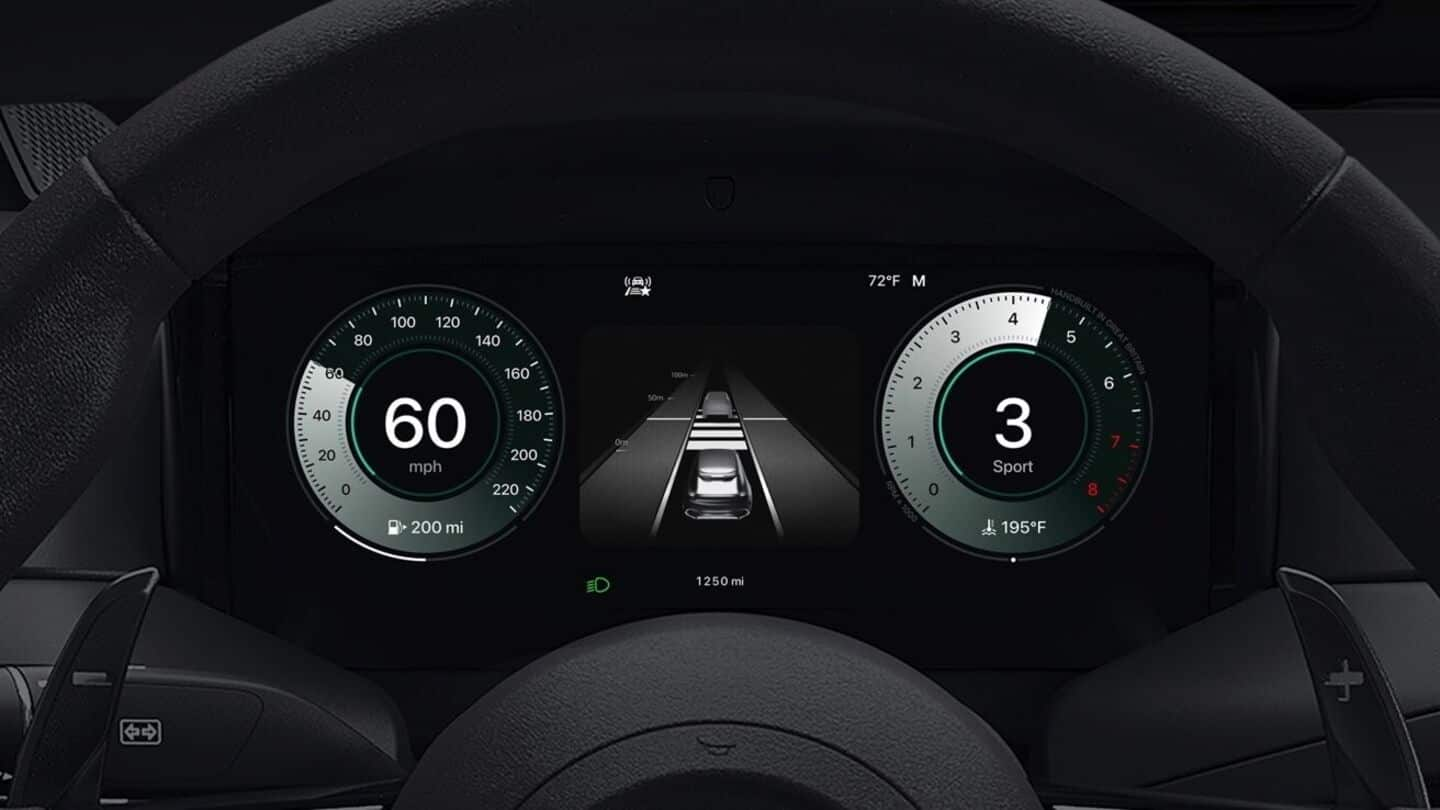
Why Mercedes-Benz, Audi, and Volvo have rejected Apple's CarPlay Ultra
What's the story
Several leading global car manufacturers, including Mercedes-Benz, Audi, Polestar, Volvo, and Renault, have rejected Apple's next-generation CarPlay Ultra system for their upcoming models. This decision contrasts with previous expectations following Apple's unveiling of the advanced in-car experience. The tech giant had touted CarPlay Ultra as a major upgrade from its standard version by providing control over all in-car displays like instrument clusters.
Control concerns
Many manufacturers are reluctant
Despite its promise, many European automakers are reluctant to give Apple such extensive control over their digital ecosystems. A Renault executive was quoted by the Financial Times as saying: "Don't try to invade our own systems," highlighting the wider concerns among manufacturers that adopting CarPlay Ultra might compromise their control over user experience, vehicle data and system design.
Mixed responses
Porsche, Hyundai and Kia still on board
Despite the pushback, Hyundai, Kia, Genesis and Porsche are still on board with integrating the CarPlay Ultra system into their vehicles. Jaguar Land Rover is still mulling over the system. Other brands like Ford, Nissan and Infiniti who were part of Apple's initial 2022 partner list have not commented but haven't completely dismissed adoption either. Honda and Acura are also said to be on track to adopt this new system in their future models.
System details
All you need to know about CarPlay Ultra
CarPlay Ultra is designed to extend Apple's user interface beyond the infotainment display and into the instrument cluster. It displays critical information such as speed, battery/fuel levels and climate controls through Apple's software instead of the automaker's native design. The system is currently available only in select cars such as the Aston Martin DBX, and requires an iPhone 12 or newer with iOS 18.5 or later for wireless connection initiation at vehicle start-up.